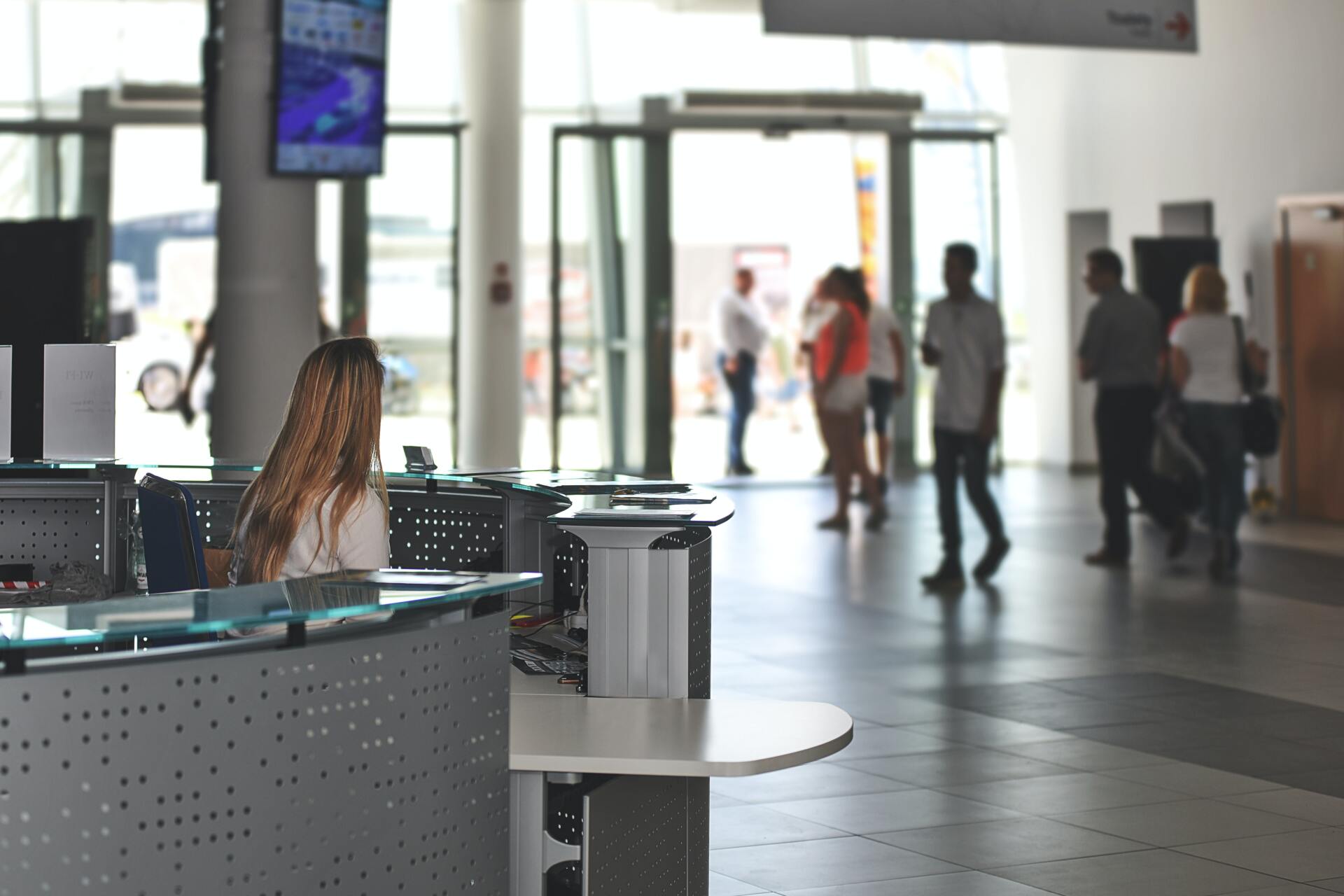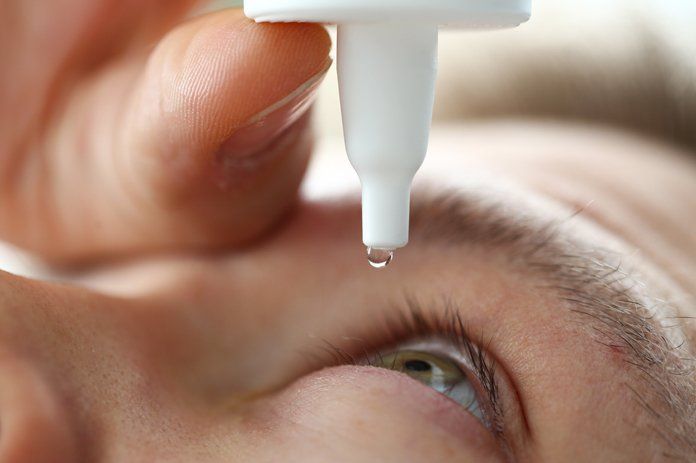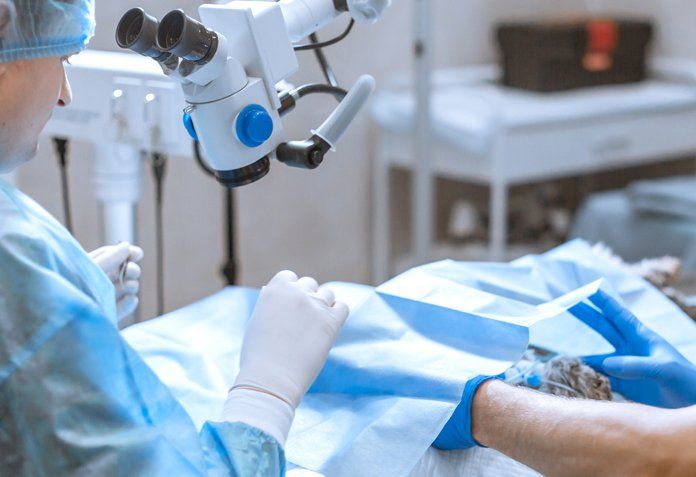The Surgery Process
Home > The Surgery Process

TRANSPORTATION
Because of the sedation, you may not drive following surgery and must arrange transportation home. While most surgeries typically take less than 30 minutes, the preparations and recovery time will make your visit last approximately 2.5 to 3 hours. If your driver leaves, please have them carry a cell phone so that they can be notified when you are ready to go home. You should be discharged from the center into the care of a responsible adult.
CHECK-IN
Please bring in any insurance cards and photo I.D. For those with co-pays, co-insurance or without insurance, we require payment with a credit card or check upon arrival. We do not accept cash. You will be asked to sign a separate consent form for the surgery center — signifying your consent to have surgery. Please notify your surgeon if you would like to review this prior to your surgery date. Make every effort to have your questions answered by your surgeon before you arrive.


PREOPERATIVE PREPARATIONS
After registering, you will enter the preoperative area. The nursing staff will administer eye medications, such as dilating drops. An I.V. will be started in your arm so that sedatives can be administered during the operation. Because the eye medications require a significant amount of time to work, a relative or friend can accompany you during this waiting period in the preoperative area. If you do not speak English, please bring a companion who does.
DURING SURGERY
Your surgery will be done with Monitored Anesthesia Care (MAC). In addition to the anesthetic administered by your eye surgeon, you will receive light intravenous sedation that will relax you without putting you to sleep.
During the operation you will be awake enough to follow your surgeon's instructions. Your eye will be numb, but you may feel drops and some mild pressure at times. Your lids will be held open so that you can't blink. You will not see instruments or the surgery itself. You will only be able to see bright lights and colors during the operation. Most patients relax and listen to the background music. Because of the sedation you may or may not remember everything that happens in the operating room. In addition to administering the sedation, your anesthesiologist will be monitoring your heart rate, blood pressure, and the oxygen level of your blood during the procedure.


RECOVERY
You will be able to return home after a brief check in the recovery area. For cataract surgery, we do not expect to restrict your diet, your activities, your sleeping position, or the use of your eyes for TV or reading after surgery. Aspirin, Tylenol, or other over-the-counter pain relievers are usually adequate for any post-op aching. It is generally advisable to take a nap to decrease any residual effects from the sedatives. Sleeping also lessens the watering and the scratchy feeling that is normal during the first day.
You should expect your vision to be quite blurred at first. It is very common for your pupil to remain enlarged from the dilating drops for up to 36 hours. The sedatives can also blur your recollection of the day's events. For this reason, it is best to save any non-essential questions for your first postoperative office visit.
For the comfort and convenience of our patients and their family members, our center has a handicapped accessible entrance and exit, ample parking, and a spacious reception area.

